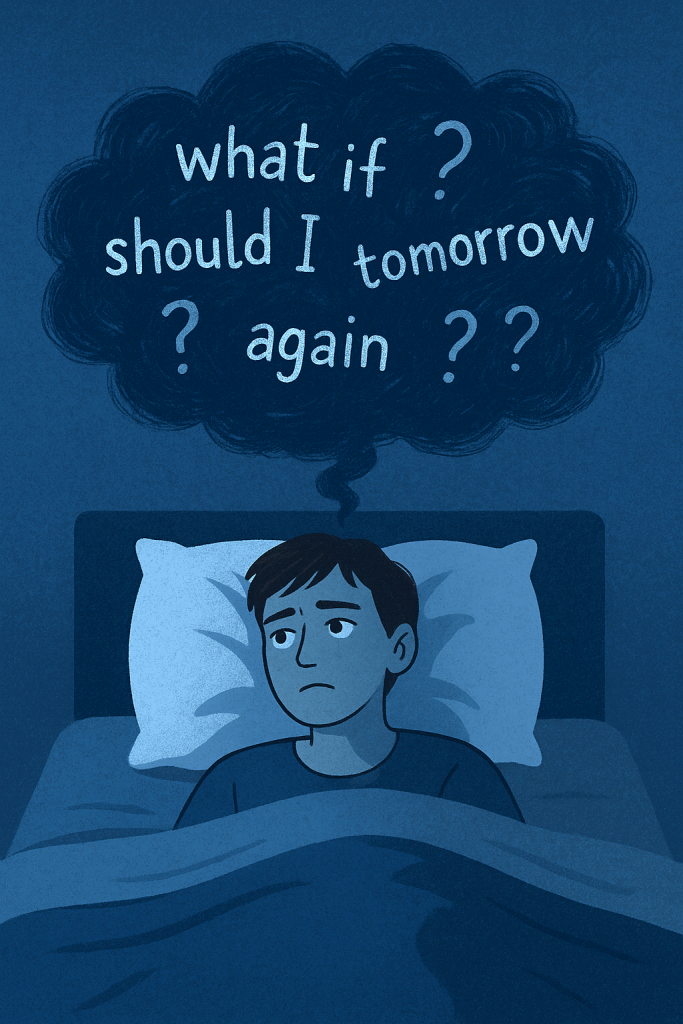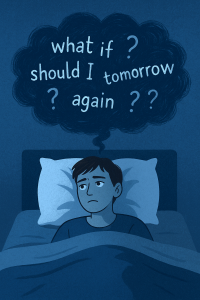Why We Can’t Sleep — and How Therapy Can Help
Many people come to therapy because they can’t sleep.
They’re tired — exhausted, even — but as soon as their head hits the pillow, the mind starts racing:
- What if I don’t sleep again tonight?
- Did I say the wrong thing?
- I have to be up in six hours… five hours… four…
- Why is this happening to me?
For some, it’s a vicious cycle of dread and frustration. For others, insomnia has become the norm — something they’ve lived with quietly for months or even years.
What’s Really Going On?
If this sounds familiar, you’ve likely tried a few things already: sleep hygiene tips, relaxation exercises, cutting down on caffeine, or switching off screens earlier. And while these strategies are helpful, they often only scratch the surface.
Because insomnia isn’t just a sleep issue.
It’s a life issue.
Sleep problems are rarely random. They’re often tangled up with stress, anxiety, trauma, burnout, grief, or unresolved emotional patterns. The body may be tired, but the mind is alert — trying to protect you from something it hasn’t fully processed.
The Role of Therapy
In my work as a psychotherapist specialising in sleep and insomnia, I often begin by helping clients stabilise their sleep using evidence-based tools from Cognitive Behavioural Therapy for Insomnia (CBT-I). This might include:
- Identifying unhelpful sleep habits
- Creating a more supportive night-time routine
- Resetting the body’s sleep rhythm
- Reducing the anxiety linked to bedtime
But for many, once sleep begins to improve, deeper issues rise to the surface.
That’s when therapy becomes not just about sleep, but about healing.
Together, we explore the underlying emotional patterns — the racing thoughts, the internal pressures, the fears or wounds that may be fuelling the sleeplessness. This is where lasting change begins.
Sleep Isn’t a Luxury — It’s a Foundation
When we sleep, we heal. We process emotions, restore energy, and strengthen our mental health. Without it, everything else becomes harder — focus, resilience, patience, even hope.
That’s why sleep therapy is often the starting point — not the end goal.
Ready to Begin?
If you’re struggling to sleep and feel like nothing has worked, please know that it’s not a personal failure — and it’s not all in your head. There’s likely a good reason why your body and mind are struggling to switch off. And it can be gently, effectively worked through.



